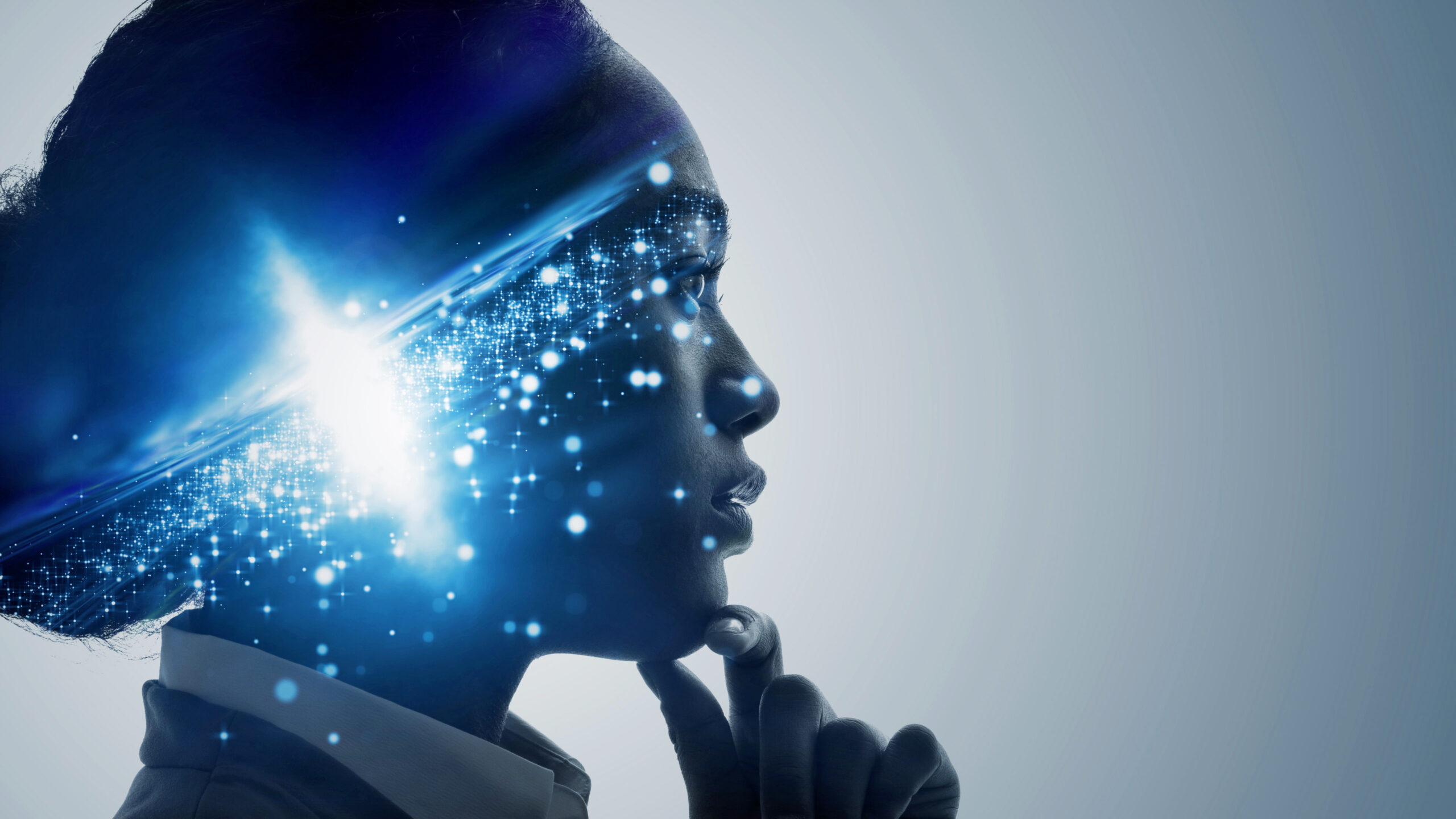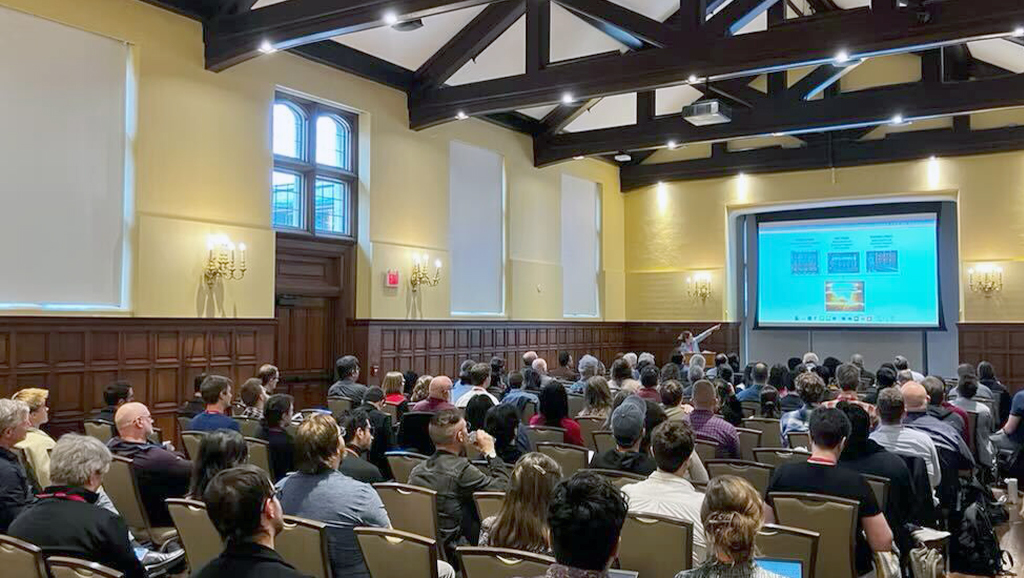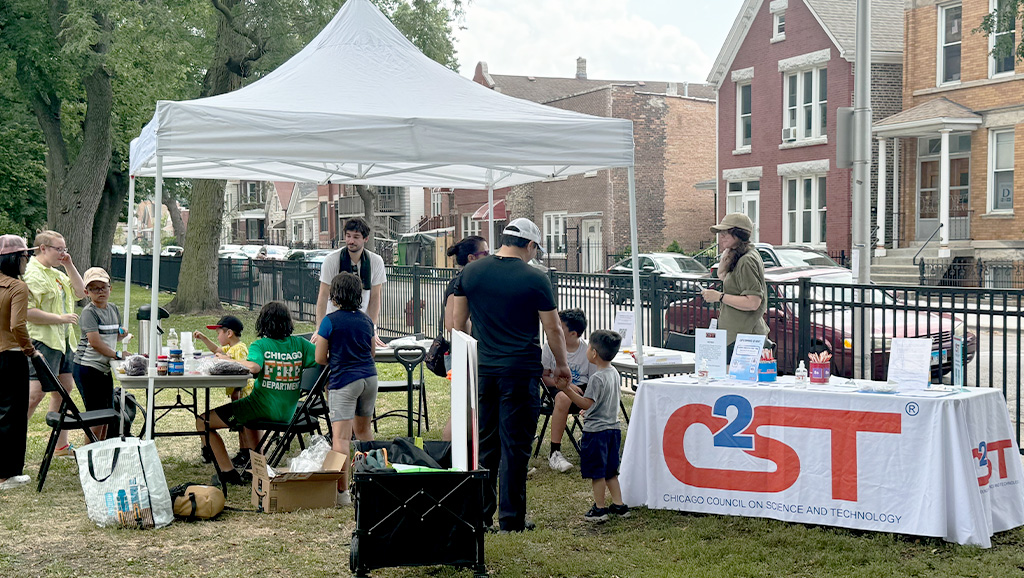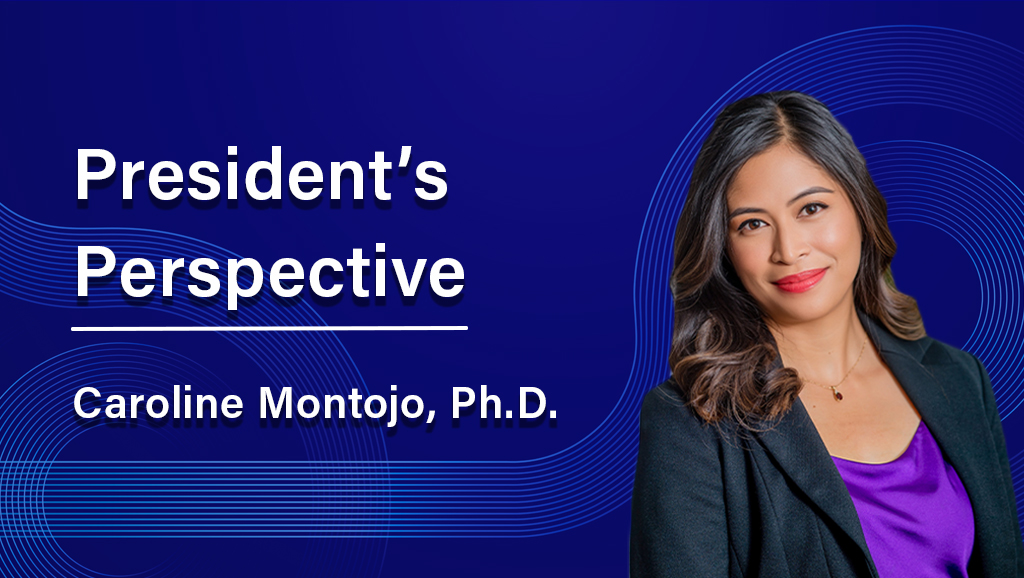News & Insights
Navigating Neuroscience’s Impact: Introducing the Dana Discovery Dialogues

Can food industry technology and messaging change brains to favor compulsive behavior? How is the neurodiversity movement changing the ways people relate to diagnosed conditions such as ADHD, and their own “cognitive quirks”? How are psychedelics changing not just how we treat trauma-related neuropsychiatric conditions, but how we think about them?
Neuroscience is increasingly seeping into public awareness, with profound impacts on how we approach daily life, medicine, identity, and even art. In partnership with the Dana Foundation, Boston University’s College of Communication is launching the Dana Discovery Dialogues, a monthly series of public webinars and discussions designed to dig deep into neuroscience’s most compelling and relevant subjects.
Hosted by Mariette DiChristina, Dean of the Boston University College of Communication, and Tyler Jones of SciCommers, this six-month series aims to unpack some of the most pressing and occasionally contentious topics in contemporary neuroscience. These discussions are curated to highlight how the latest research influences everything from our personal decisions to the broader challenges society faces.
A Series of Timely Topics
The series kicks off October 25 with a conversation about brain organoids— lab-grown, 3D clusters of cells that are neuronally active and offer unprecedented opportunities in drug testing and disease modeling. While early ethical debates skewed toward science fiction scenarios—such as brain organoids developing some form of consciousness—today’s concerns around brain organoids are more realistic yet still important. One question, for example, asks how these models of the human brain can be used ethically for medical research. This opening Dialogue aims to tease out the harmony and disentangle the hype from realistic hopes for these increasingly complex brain models.
Our next Dialogue, on November 29, will focus on neurodiversity. Divergent minds lead to divergent thinking and problem-solving. This “thinking outside the box” is a strength for many neurodivergent people, who often thrive in entrepreneurship, music, and other creative fields. So, what does neuroscience have to say about these gifts, and are there ways to restructure schools, workplaces, and lifestyles to better harness them? This event will feature a conversation about how neurodiversity often comes with increased access to creativity, and how the neurodiversity paradigm is shifting around how we think about conditions that were simply considered “disorders.”
As we’re recovering from Thanksgiving Day feasting, December’s Dana Discovery Dialogue on the 13th will look at food and gut-brain interactions. People may notice how the way they eat affects their moods and behaviors, but what are some neuroscientific truths about the ways food, food technology, and food messaging affect the brain? Your gut and brain are constantly communicating. Eavesdrop into the conversation between your gut and your brain in this Dialogue to uncover what messages are flowing between the two.
In the New Year, the Dana Discovery Dialogues will ponder the influences that affect our decision-making. Why do our brains sometimes fall for misinformation? How are algorithms taking advantage of these mechanisms on mass-communication platforms? January’s expert panel will explore the neuroscience of decision-making and how our brains can be so easily influenced.
February’s event will explore one of the hottest topics in neuroscience: psychedelics. With recent legislation making psychedelic use and study more widely available, there are still regulatory hoops to jump through. In this conversation, panelists will discuss using psychedelics to treat trauma and the risk of policy setbacks leaving some of the most in-need groups behind.
Finally, the series will close in March with a focus on brain-computer interfaces. These interfaces offer real promise in treating disorders, but their development in clinical populations also presents ethical problems, including insufficient support and follow-up care after trials. And what of non-clinical applications and convergence with other technologies (e.g., self-driving cars, AI, and augmented reality platforms)? The final Dialogue in this series will feature a grounded conversation exploring the potential and present pitfalls of brain-computer interface development.
Join Us
The topics of the Dana Discovery Dialogues touch on the fabric of our ethical, emotional, and even existential realities. We invite you to join Mariette DiChristina and Tyler Jones in conversations that compel us to reconsider the limits of the mind and what it means to be human in the 21st century. Be there to question, learn, and participate in shaping the neuroscience conversations that will inevitably influence our collective future!



